Endosteal Implants – The solution to replace your missing teeth
- Sep 10, 2024
Introduction to Dental Implants and Endosteal Dental Implants
A dental implant is a device shaped in the form of a screw and is fitted surgically inside the jawbone to replace missing teeth. The dental implant provides support to the crown that is attached to the top. An abutment is a component that connects the dental implant and the artificial crown.
The advantage of dental implants over bridges and removable dentures is that they replace the root of the teeth and add significant strength to the prosthesis. However, the success of dental implants requires a good amount of bone to be present; hence, it is essential that the dentist checks the bone levels before placing a dental implant.
Dental implants are primarily of two types:
Endosteal Implants:
These are the most common types of dental implants which are placed inside the jawbone. It can provide support to one or more artificial teeth.
Subperiosteal Implants:
These are placed above the jawbone and are used for patients who have insufficient jawbone levels.
Endosteal Implants in Brief
An endosteal implant is a dental implant placed in the jawbone to serve as a new root for a missing tooth. Made of titanium and shaped like a screw, it's the most common type for replacement for missing teeth.
To be the right candidate to get the treatment done with endosteal implants, one:
Must have healthy gums and bone levels.
Should not be a heavy smoker and tobacco eater as it adversely affects oral health.
If your jawbone height is too low for endosteal implants, your dentist might suggest subperiosteal implants, which are placed on or above the jawbone under the gum level. Similarly, there are zygomatic implants for people with severe bone loss in the upper jaw. These are longer than regular implants and are placed at an angle into the cheekbone to support artificial teeth in the upper arch.
Endosteal Implant Types
Root Form Implants:
These are also known as endosseous dental implants. These types of endosteal dental implants come in the shape of tooth roots and are in the form of screws or cylinders. After the implants are placed, patients are supposed to wait 3 to 6 months for the bone to integrate with the dental implant. Root form type of endosteal dental implants can support single or multiple teeth, bridges, and even dentures.
Plate Form Implants:
Dental plate implants are flat and long, placed directly on the jawbone, helping to secure bone and tissue. These are fit for patients with narrow jawbones.
Benefits of Endosteal Implants
Endosteal implants offer several benefits:
Longevity of the Treatment:
Endosteal implants last long as they fuse with the jawbone and receive stable support.
Bone Preservation:
They help maintain the height and width of the jawbone by preserving the bone through osseointegration.
Improved Functions:
They provide stable support with higher strength.
Natural Appearance:
They look and function like natural teeth and can be custom-made to fit your smile.
The Procedure for Getting Endosteal Implants
Check-up:
Your dentist will do a check-up and evaluate your oral health by taking the essential x-rays and scans. The dentist will confirm if you're a good candidate and will discuss the endosteal implant procedure, cost, and time needed with you.
Implant Placement:
After all the necessary tests are done, an endosteal dental implant can be placed by cutting the gum and drilling a hole in the jawbone. After the dental implant surgery is done, it is normal to expect mild pain, discomfort, and swelling. You will be advised to follow aftercare instructions, take the prescribed medications, and eat soft foods.
Osseointegration:
Your jawbone will fuse with the implant over 3 to 6 months, creating a solid foundation for the dental crown to be placed.
Abutment Placement:
After the completion of the osseointegration process, the gum is reopened with the help of an incision and the abutment is fixed.
Placement of the Dental Crown:
After around two weeks of abutment placement and the healing of the gums, your dentist will take measurements to set your crown. Crown placement is the final visit of the teeth replacement process, and the prosthesis can be either removable or fixed, depending on your preference.
Dental check-ups and regular teeth cleaning at intervals of 4-6 months are necessary to get rid of food particles and plaque deposits. This will help maintain oral hygiene properly.
Potential Risks and Complications
Infection:
If you have bad breath, swollen gums, loose teeth, new gaps, or pus, it is advisable to see your dentist immediately, as these can be the potential complications of dental implant placement.
Nerve Damage:
Implants can sometimes invade or damage nerves, which might cause pain or tingling in your teeth, gums, or lips.
Implant Failure:
Implants might fail due to infection, poor bone integration, or bad habits. If an implant becomes loose or infected, it might need replacement.
Peri-implantitis:
This is a gum disease related to implants, often due to poor oral hygiene, leading to internal swelling and bone loss.
Cost of Endosteal Implants and Factors Affecting the Cost
The cost of endosteal implants ranges from approximately INR 30,000 to INR 50,000 in Mumbai and Delhi.
The cost of the endosteal implant treatment depends on various factors:
The expertise of the dentist and the location of the clinic - Experienced dentists who practice in posh areas tend to charge more than dentists who run their clinics in local residential areas.
The complexity and duration of the case - The more difficult the case is, the longer and more complex the treatment might get, and hence, the cost might increase.
The company of the endosteal implant - The cost mainly varies based on the implant brand and the materials used. Higher quality usually means a higher price.
Endosteal implants are strong titanium screw-shaped devices placed in the jawbone to replace missing teeth. They offer benefits like long-term stability, bone preservation, and a natural look. The procedure involves implant placement, healing period, and crown fitting. The estimated cost of endosteal implants ranges from INR 30,000 to INR 50,000.
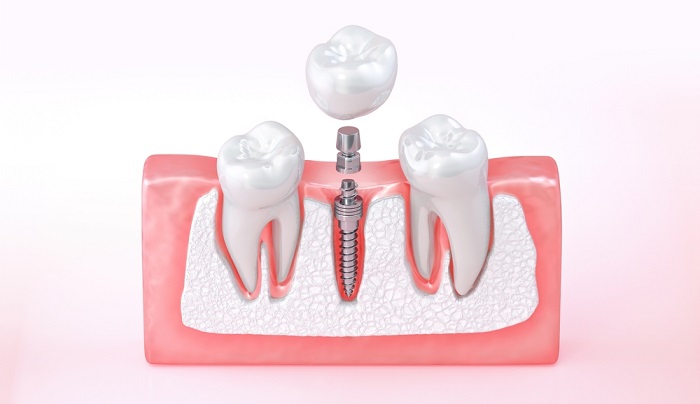
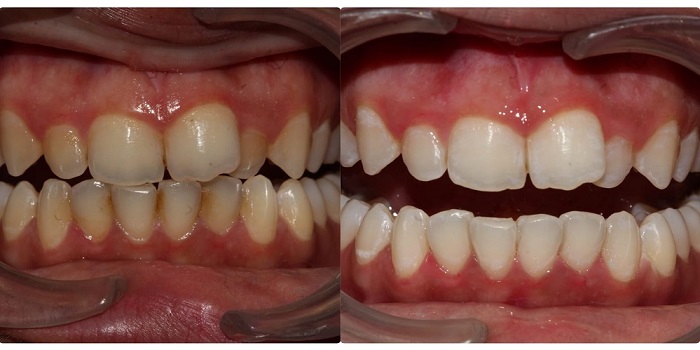



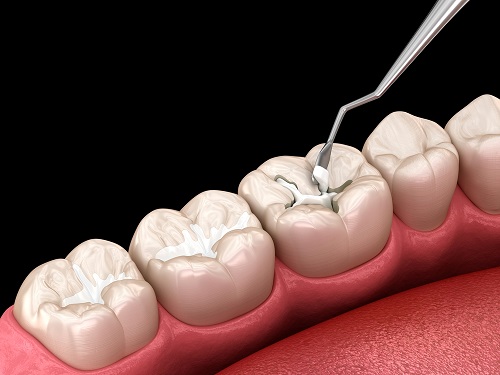
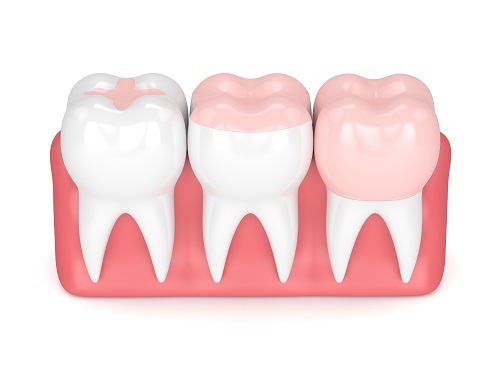

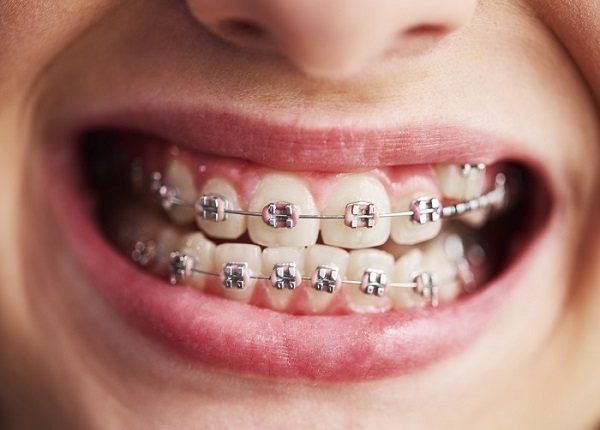
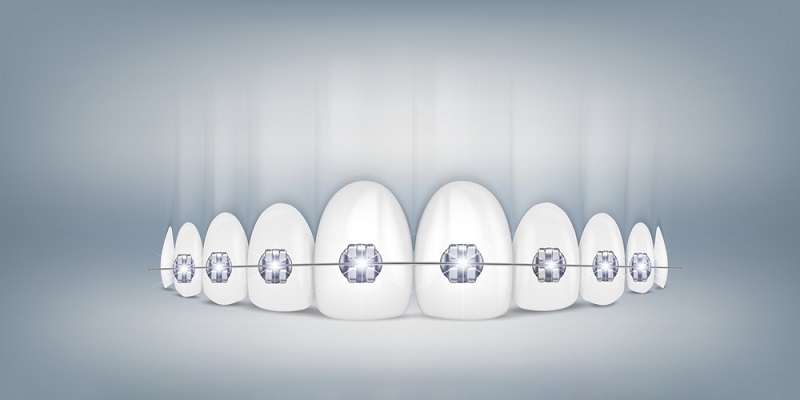
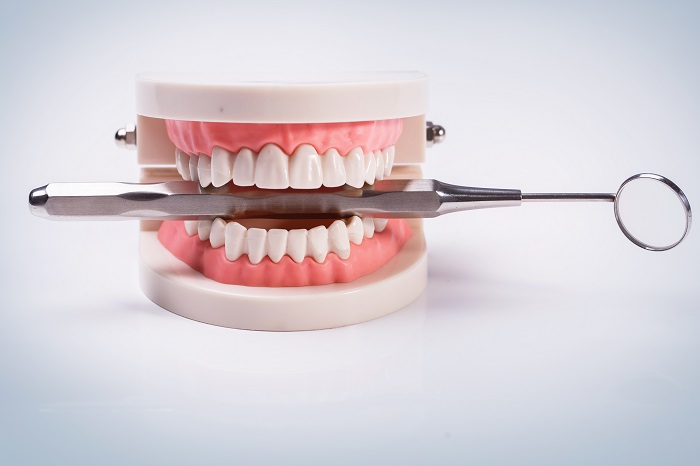
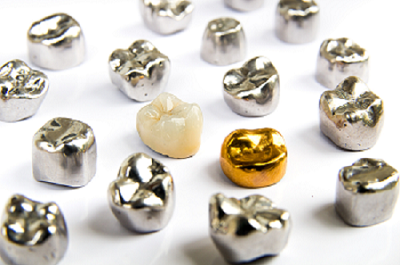
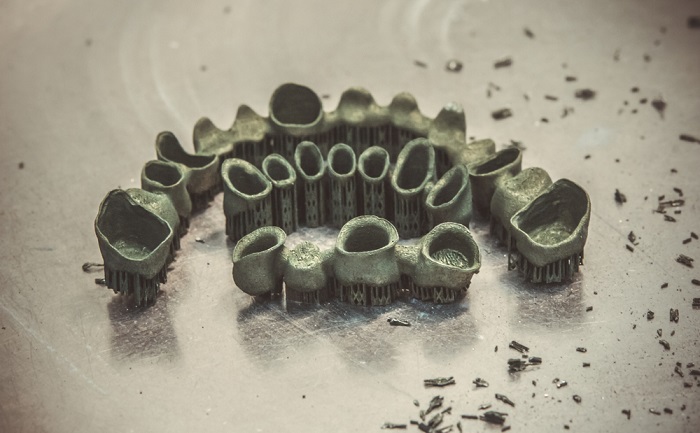
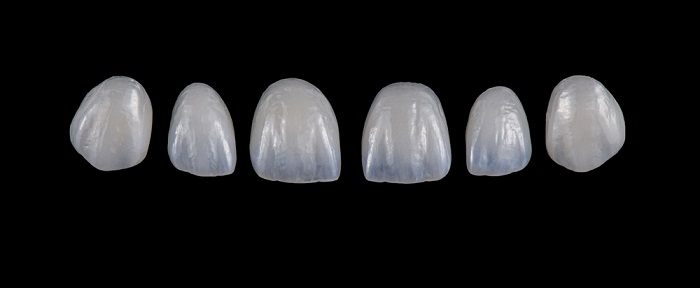
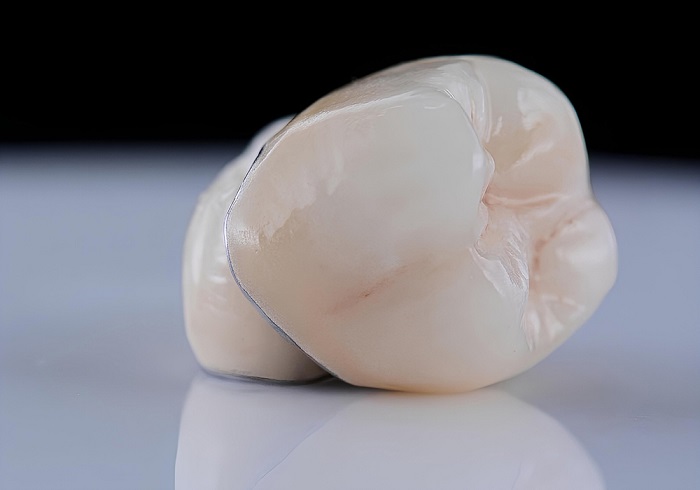


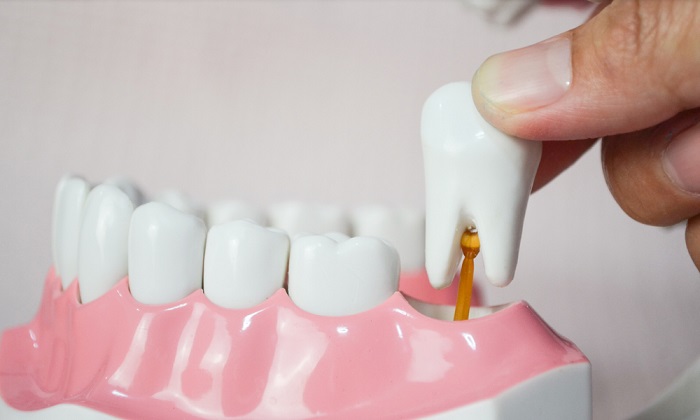

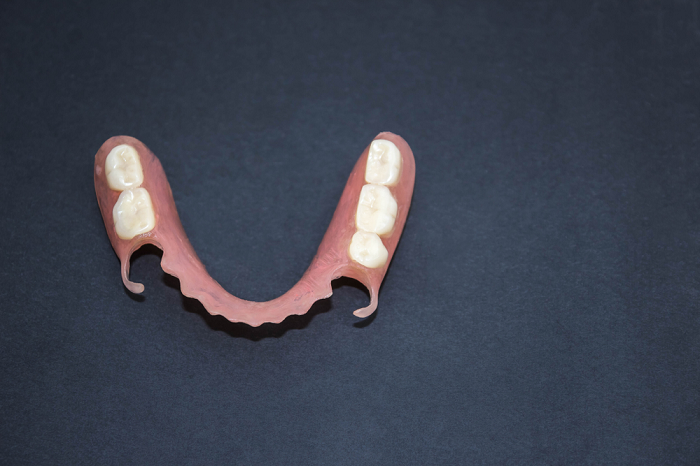
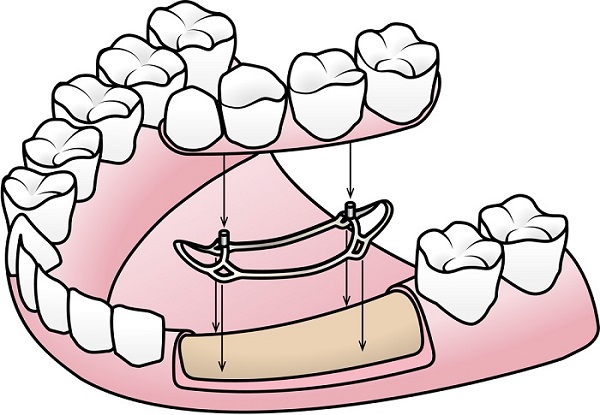
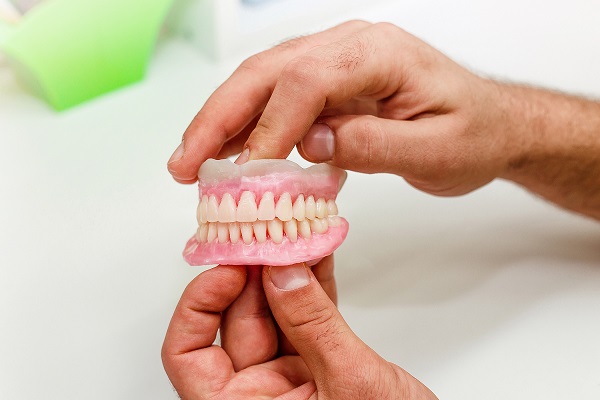

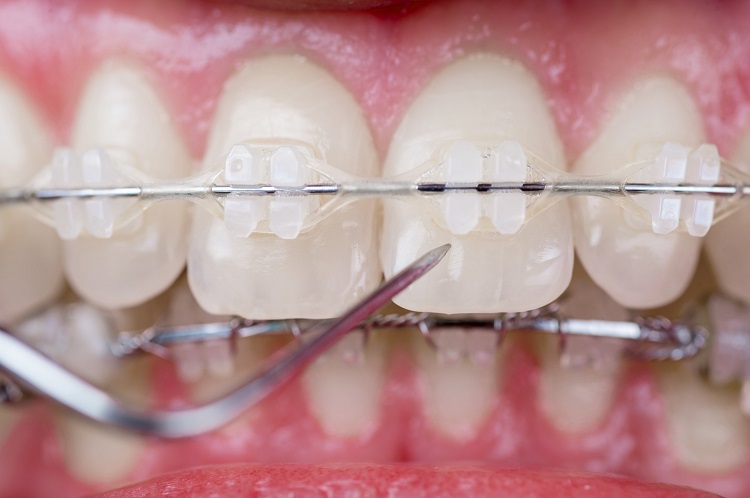
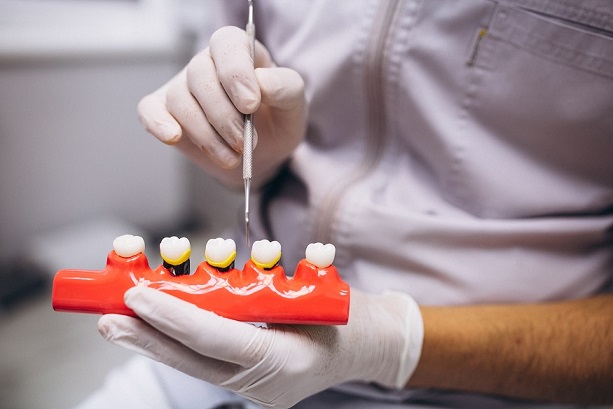
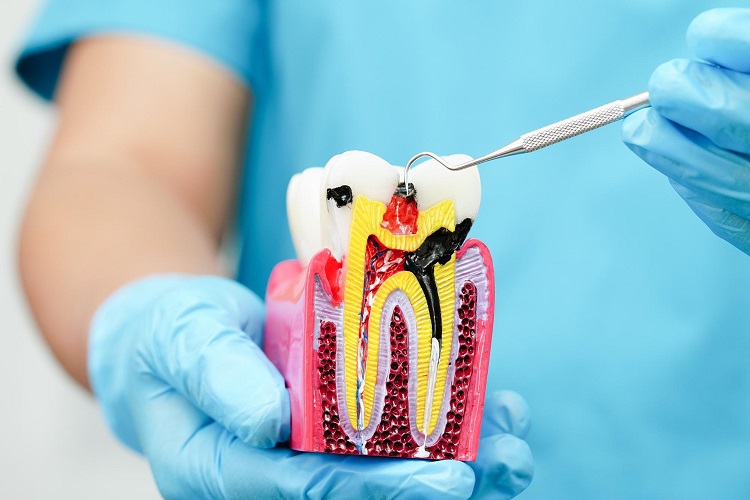
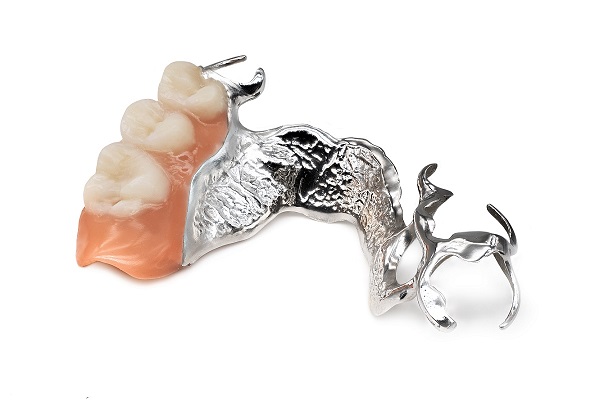
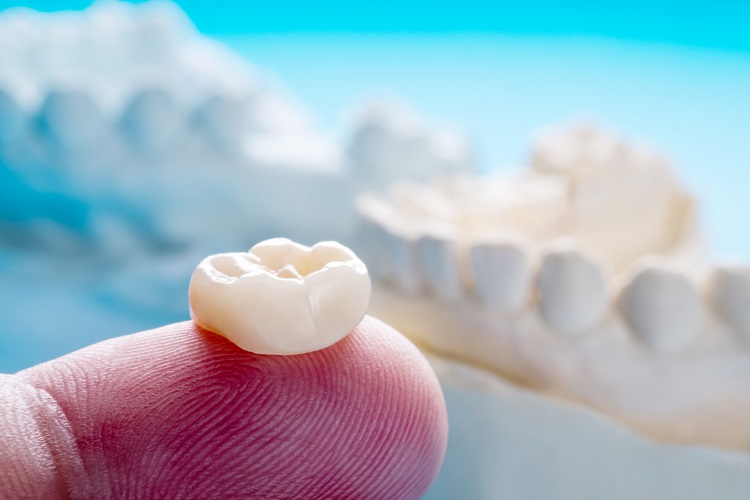
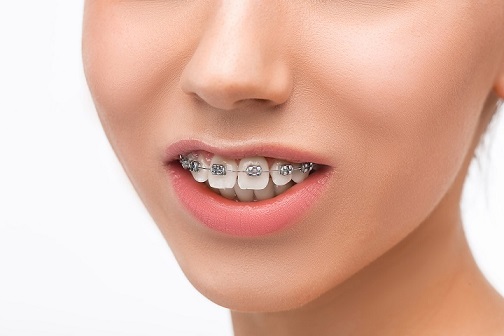


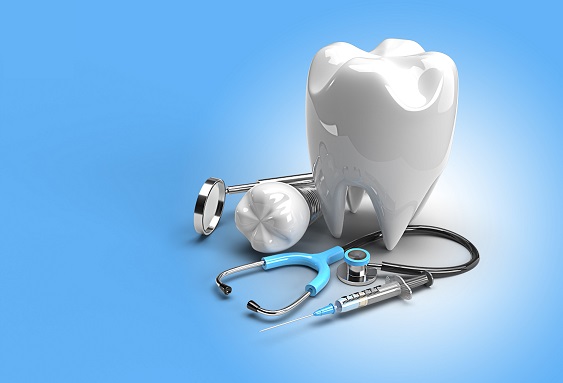


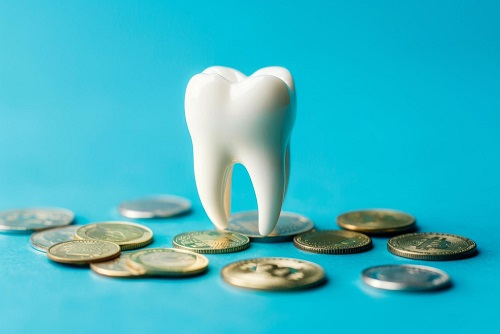
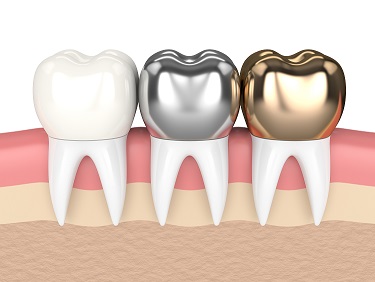
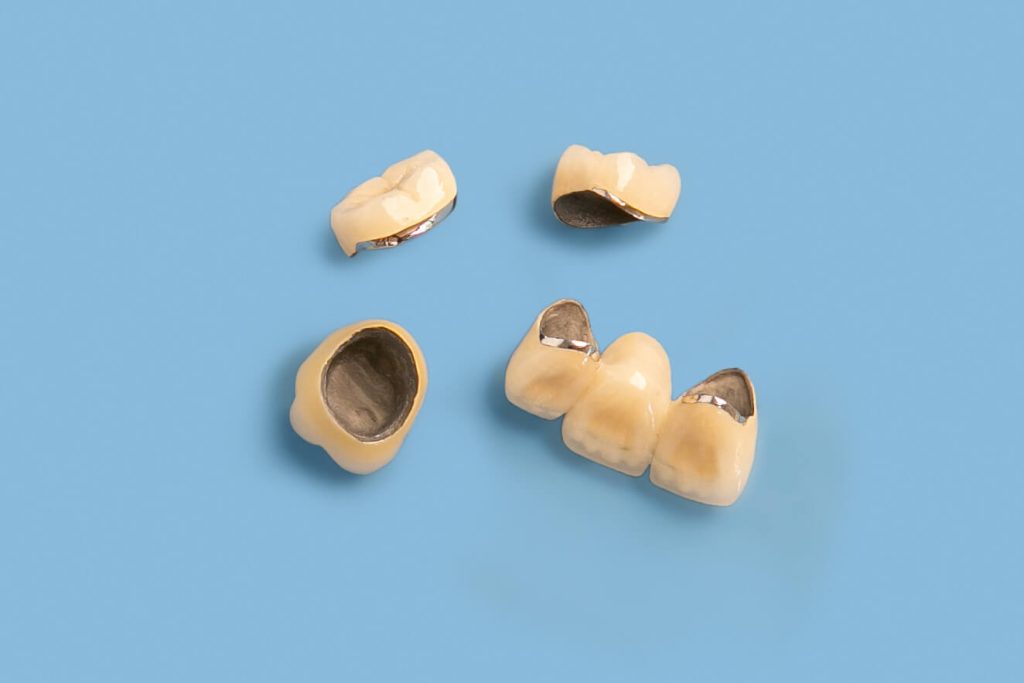
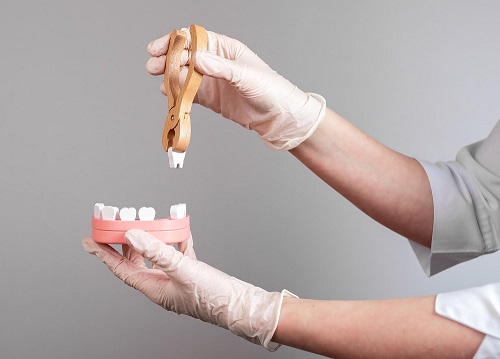


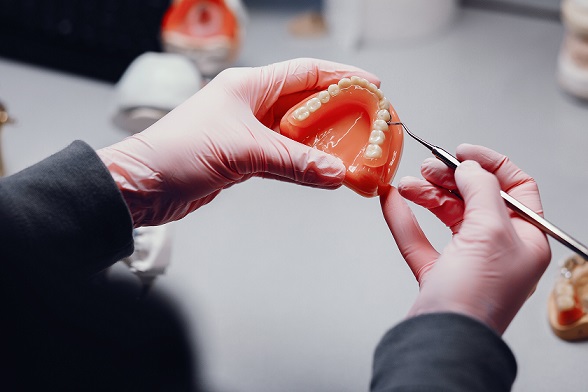
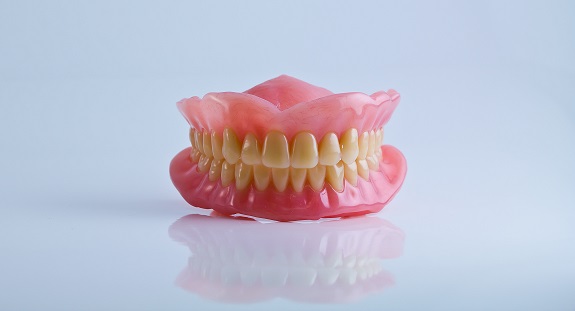
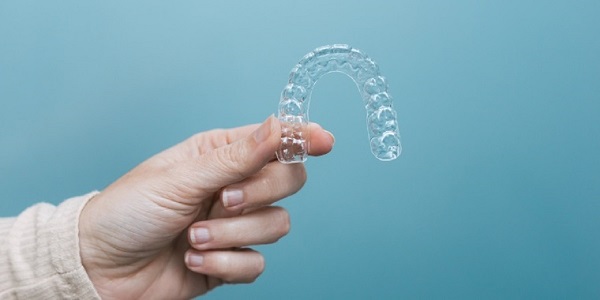
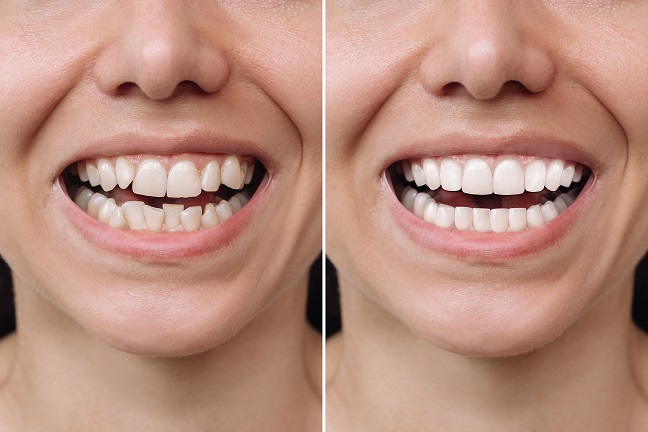
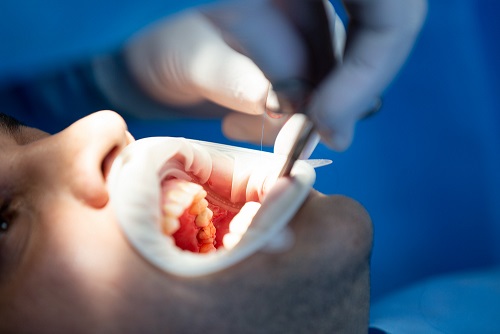
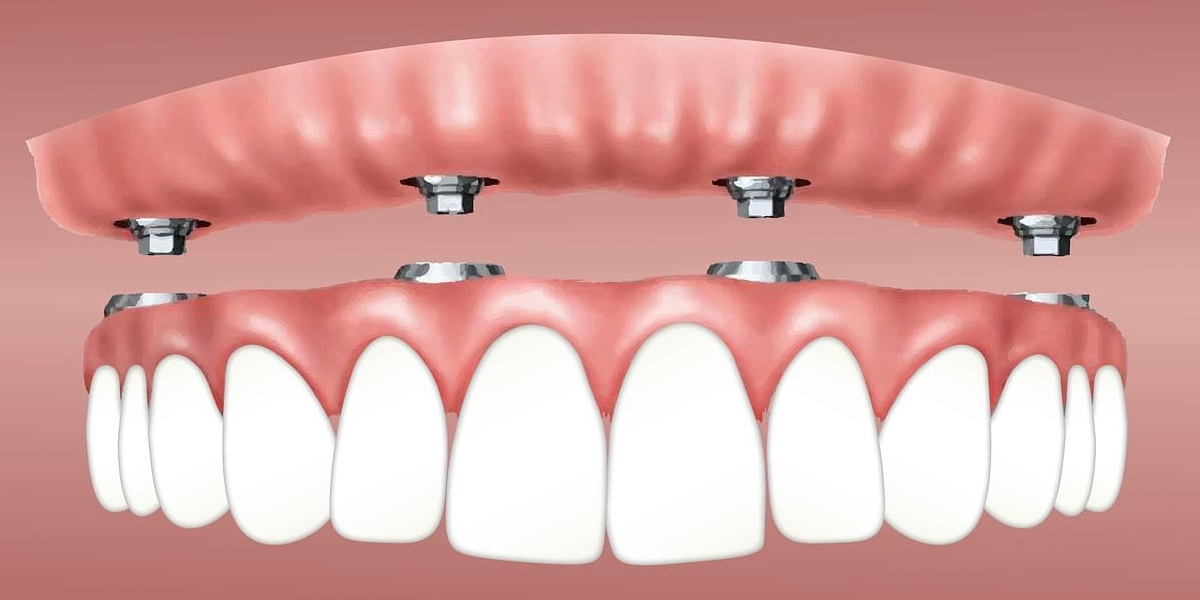
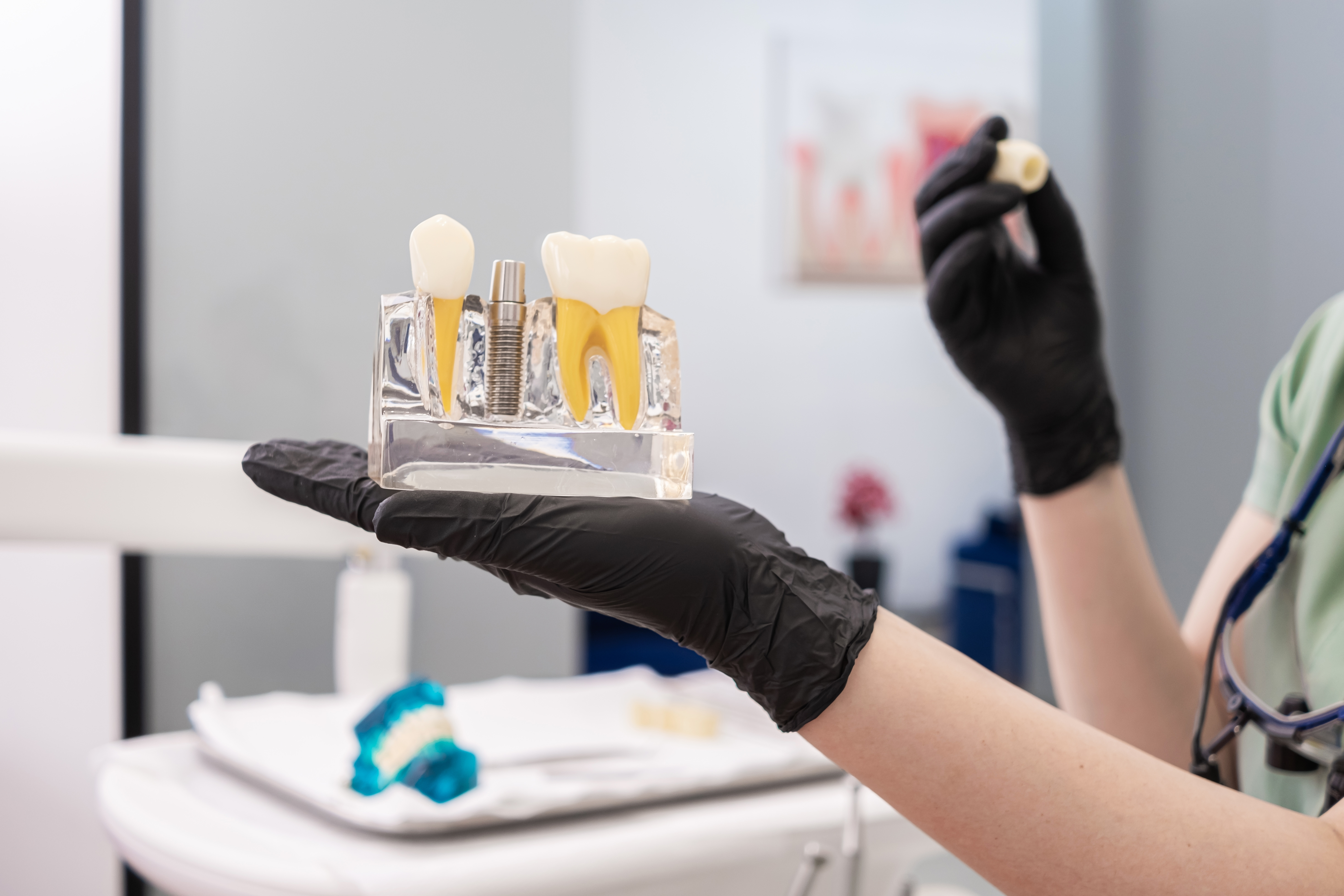


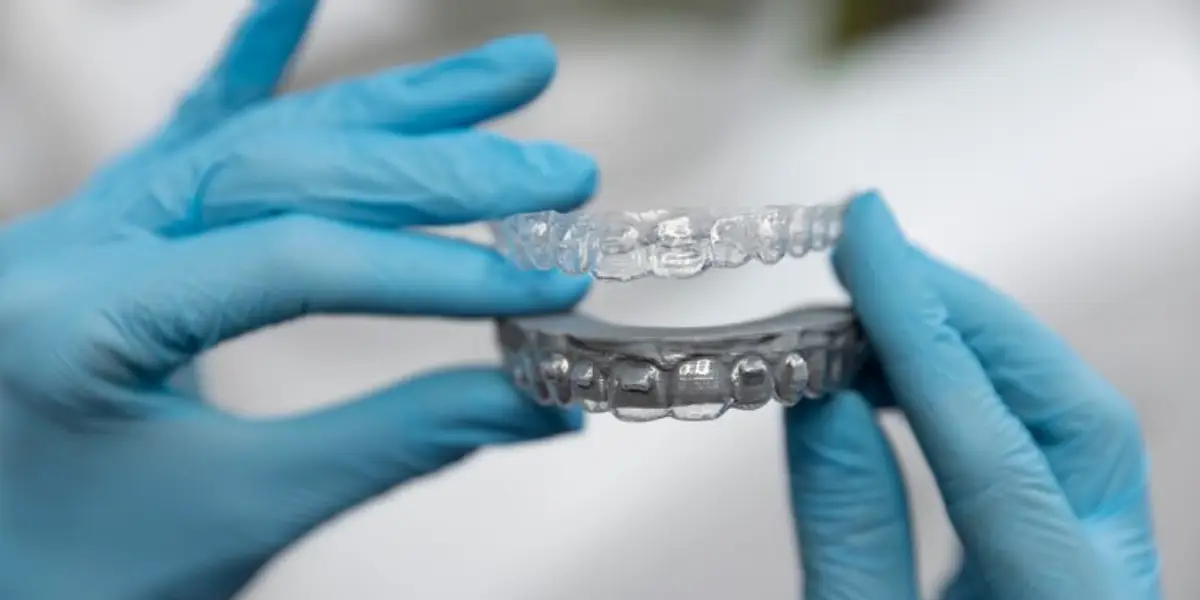
.jpg)
.jpg)
